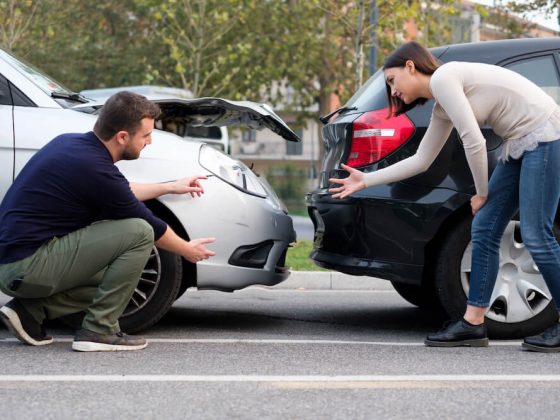Once you reach your senior citizens age, you can expect your car insurance rates to go up. This is true even if your record remains clean or your driving habits remain excellent.
Use eTags© to Quickly Complete Your DMV Service. Renewals, Title Transfers and More, All Online!
Over time, your car insurance rates will change. Typically, as drivers become middle-aged, their auto insurance rates decrease thanks to loyalty discounts and driving experience.
Having said that, are insurers hesitant to offer affordable auto insurance for senior drivers? It may not be the same case for everyone but let’s continue reading to learn more about the link between auto insurance policies and age.
Car insurance rates for seniors
Typically, car insurance for the elderly costs more. As a group, senior drivers are more prone to accidents than middle-aged individuals.
The reasons for this are slower reflexes, medications, hearing or vision changes, and health conditions. Also, no matter the severity of the accident, older drivers tend to suffer from more fatalities and injuries.
Therefore, after an accident, seniors tend to face higher medical bills. As you can imagine, these factors increase the claim costs of the insurer. Many drivers are surprised to hear that their insurance premiums will increase just because they joined a new age group.
This is true even for individuals without tickets or accidents. Insurance rates are largely determined by the group to which an individual responds and not just the driving record of the individual.
An individual from one city may pay higher auto insurance rates than an individual from another city. Individuals in flashy vehicles are more likely to get into car accidents than individuals driving more humble cars.
According to ValuePenguin, older drivers pay higher auto insurance rates than middle-aged drivers overall.
However, the difference is not significantly large. You should also keep in mind that not all insurance companies start hiking up the price of auto insurance rates at the same age.
Therefore, it is a good idea to shop around if you face a rate hike from your insurer. Whether you face a price hike will depend on the internal statistics of the insurance company.
One insurance company may increase your auto insurance rates when you’re in your 60s. Another may wait until when you’re in your 80s.
Safety tips for older drivers
There are many tips that older drivers can heed to be safer on the road, according to the National Institute of Health (NIH). It is essential that older drivers are aware that changes in their body will impact their ability to drive.
Older drivers should pay close attention to their health. They should have their general health, vision, and hearing evaluated on a regular basis. Hearing aids, glasses, and other prescription equipment should be replaced on a regular basis.
Drivers who are not able to see well in the dark should avoid driving at night. Older drivers should strive to stay physically active, and they should adjust their vehicle as necessary.
For example, older drivers can switch to power steering, mirrors, and brakes and elevate the seat to ensure good vision.
State laws specific to seniors
In some states, the motor vehicle departments treat older drivers differently.
For example, older drivers may not be permitted to renew their license online or by phone. The renewal period may be shorter and older drivers may need to go through additional screenings.
As you get older, you can expect to face higher auto insurance rates. The reason for this is that senior drivers are prone to traffic accidents and are more likely to be severely injured after a car accident.
For that reason, you are strongly advised to contact your auto insurance agent if you notice any changes in your policy.
SEE ALSO: 7 Ways To Save Money On Auto Insurance – Smart Saving Ideas








